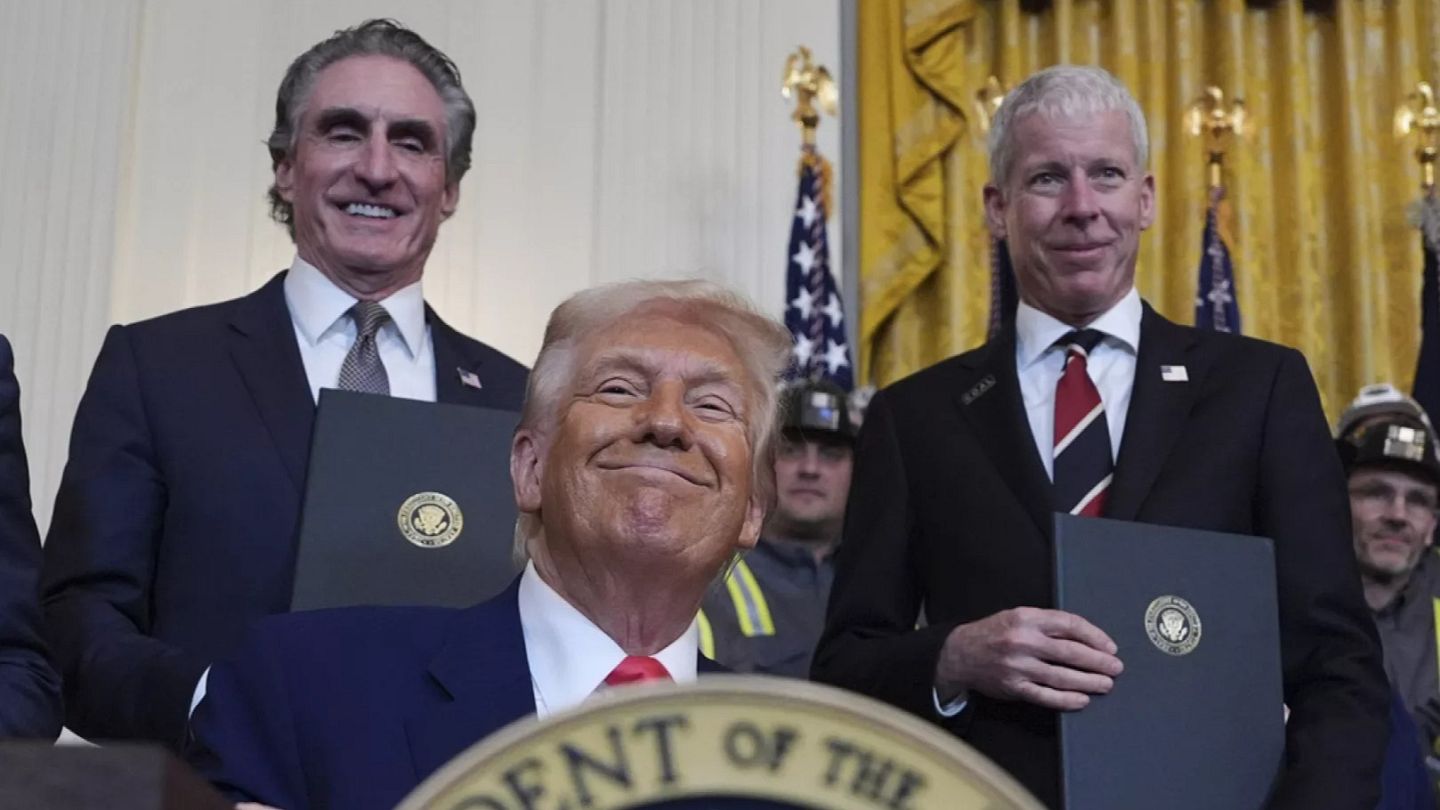EFSA Director: 'Trump is wrong', food products in Europe are safer than those in America.
Bernard Url, Director of the European Food Safety Authority (EFSA), rejected Donald Trump's recent claims, stating that EU food standards are among the strictest in the world due to rigorous monitoring and enforcement. The EU's top food safety official said Trump's assertion that US food products are safer than their European counterparts is baseless, emphasizing that the bloc's standards are non-negotiable and cannot be used as a tactic in trade negotiations. Recently, the US President attempted to justify suspended tariffs on agricultural products by claiming that imported foods, including those from the European Union, are unsafe for American consumers and do not meet US standards. In a speech to Congress in March, Trump said, "They are not inspected. They can be very dirty and disgusting and they are coming into the country harming our American farmers." In an interview with Euronews, EFSA Executive Director Bernhard Url strongly opposed these remarks. Url stated, "If Mr. President is referring to EU foods, he is absolutely wrong. This cannot be EU food, it absolutely cannot be." According to Url, the EU's high standards are ensured through comprehensive inspections, strict enforcement of food laws, and scientific oversight provided by EFSA. Based in Parma, EFSA is at the heart of a system that monitors the food production chain with more than five million official controls carried out by member states each year. Food safety is a non-negotiable issue in trade talks. Following Trump's announcement of a 90-day tariff ceasefire, the European Commission now faces a new challenging round of negotiations aimed at preventing a broader trade conflict. Some factions in Washington hope that Europe will agree to increase imports of US agricultural products to ease tensions. However, food safety is expected to be a significant issue. The EU views certain US practices, such as the use of growth hormones in beef, inadequate labeling of genetically modified organisms (GMOs), and the washing of poultry in chlorine, as public health risks. Url clearly stated that no pressure could persuade the EU to lower its food safety standards. "I am absolutely sure: Food safety standards are not negotiable," he said. "We have the highest standards in the world, and it will stay that way. There may be other commercial issues to address, but food safety is off the table."
The EU's food policy adopts a more cautious approach by focusing on long-term safety. In contrast, US regulations are often more risk-tolerant and economically focused. For example, animal welfare standards in factory farming in the US are generally lower, prioritizing cost efficiency. Url argued that Europe's recent handling of bird flu outbreaks demonstrates the strength of its food safety systems. While the US is currently facing a growing bird flu outbreak affecting dairy herds in 17 states, with about 70 human cases reported, Url noted that Europe has managed to keep the situation under control despite having a denser animal population and greater exposure to migratory birds carrying new strains of the virus. "Europe is a good example," he said. "We start from a more challenging position than the US, but we have managed to control this [bird flu]." Url also mentioned that the re-emergence of foot-and-mouth disease in 2025 was rapidly controlled in Germany and is currently being managed by veterinary authorities in Hungary and Slovakia, with Austria also preparing precautionary measures. He stated that EFSA provides scientific advice while member states are responsible for managing outbreaks. "There are culling, protection zones, and surveillance zones. All of these are implemented quickly and effectively by member states," he said.
Combating misinformation about food. Beyond Trump's comments, Url stated that EFSA routinely deals with misinformation about EU-approved foods, especially new foods like edible insects or lab-grown meat. Url also countered claims that the EU imposes such products on consumers. "We ensure the product is safe only if a company requests a market authorization," he said. "No one is forced to eat this. It is labeled, and consumers can make their own decisions." However, combating misinformation about food requires significant resources. Url said, "We try to counter misinformation by sharing facts and data. It is not easy in the world of social media, but through joint efforts, we can provide people with evidence, not fiction."


